While preparing your property tax appeal you need to be aware of how the tax assessors generated your value. For residential property they have probably used a cost approach to value in combination with a sales comparison approach. For commercial properties they may use the cost approach, the sales comparison approach, and an income approach to valuation.
For residential properties, the tax assessors often use a cost approach on all properties. Then they compare their values generated with the cost approach to actual sales prices to determine whether their cost approach is low or high. Based on sales in your neighborhood the assessors will adjust their cost values up or down to get as close to market value (sales) as possible.
Unless you are real estate professional you probably don't have the expertise to do a cost approach on your property. The best approach is to look at sales within your neighborhood and compare them to the assessed value of your property. If the sale prices per square foot of building area are lower than your assessment per foot of building area then you have a basis for a property tax appeal.
The same is true of commercial properties, but often an income approach to value is thrown in. Income approach is used on properties that are often rented, and that is true of most commercial property types. To do an income approach to value you need market rental rates, typical expense ratios, and a capitalization rate.
As a commercial property owner/operator you may have a firm grasp of what the market rent is for your property, in your market. You probably know what your expense ratio is as well, but you may not know if this is typical. Your Net Operating Income (NOI) needs to be capitalized into an estimate of value. Capitalization rates can be developed in a couple of ways, but deriving them from sales of similar properties is the best way to get them.
So those are basically the three things that you can argue that the assessor is wrong on. You can argue that the market rental rate is lower than what the assessor is using. You can argue that your property is unique in some way and will never have an expense ratio as low as what the assessor is using. You can also argue that the capitalization rate that the assessor is using is too low.
You can look online for rental rates and sales at a site like LoopNet and you can get expense ratio and capitalization rates at RealtyRates. If would like to put your property tax appeal on autopilot, contact the professionals at Fair Assessments LLC.




